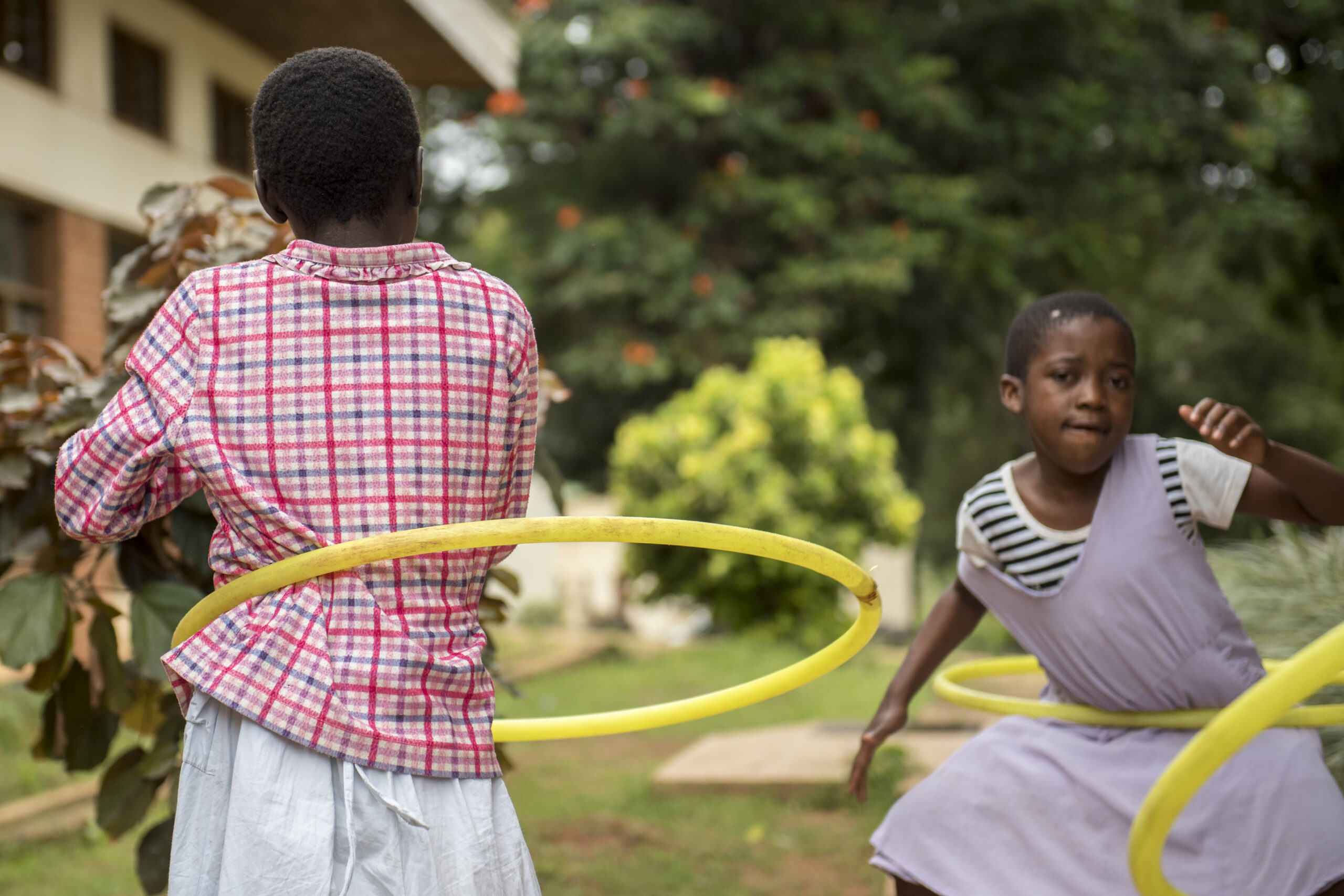The EGPAF-led Kabeho Study is following 608 HIV-positive mothers and their babies in Rwanda to examine breastfeeding practices, nutrition, HIV treatment adherence, and the HIV-free survival rates of the children when they reach 18 months of age. It allows researchers to take a close look at the impact of many of the programs and policies EGPAF has helped establish since it began working in Rwanda in 2001.
This groundbreaking research may provide clues into the role nutrition plays in reducing the transmission of HIV. Chronic malnutrition among Rwandan children aged 6 months to 5 years stands at 43%, according to a 2012 report from the Rwandan Ministry of Agriculture and Animal Resources and the World Food Program. This is a common situation in many of the countries where HIV rates are highest, and it likely magnifies the threat of transmission. The Kabeho study is examining just how much of a role nutrition plays in keeping HIV-exposed children free of the virus.
“Not only is malnutrition a problem in Rwanda, where we have around 45% of our children under age 5 who are stunted [low height for age], but in other countries as well,” according to Jeanine Chondo, deputy dean of Rwanda’s School of Public Health, a partner in this research. “If we let malnutrition be a problem for that particular group exposed to HIV, we may lose our children,”
“Kabeho” means “wishing someone a long life,” in the local language of Kinyarwanda. We hope that the study’s findings will ensure that children and their mothers can look forward to long and healthy lives.
Read “Hope in a Bottle: Keeping Infants HIV-Free Through Nutrition” to learn more about the nurses, researchers, and mother-baby pairs who are engaged in this important, and potentially lifesaving study.
The Elizabeth Glaser Pediatric AIDS Foundation is leading the implementation of the Kabeho Study in collaboration with the Rwanda Ministry of Health, the National University of Rwanda School of Public Health, the Rwanda Biomedical Center/Institute for HIV, Diseases and Control (RBC/IHDPC), and George Washington University School of Public Health and Health Services with funding through the U.S. Agency for International Development (USAID) and the U.S. President’s Emergency Plan for AIDS Relief (PEPFAR).




